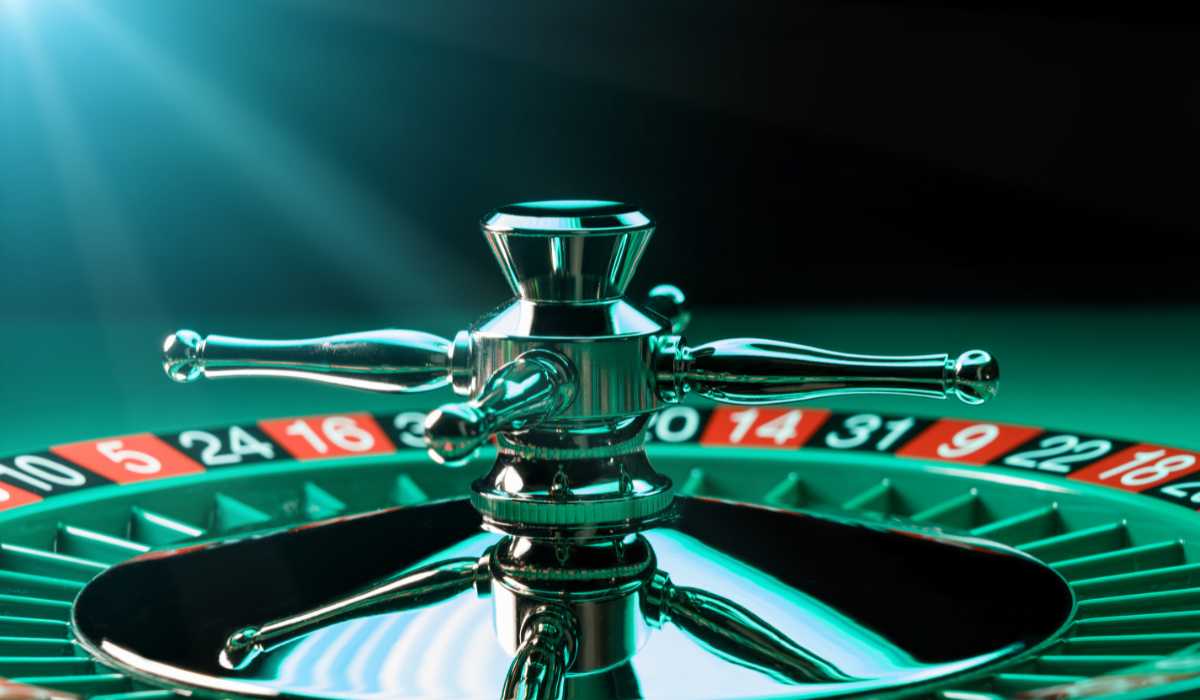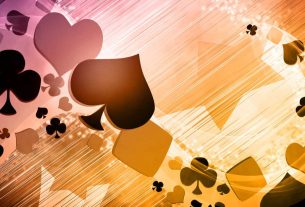The thrill of risk and opportunity for reward have attracted people from all walks of life for centuries making gambling a part of human culture. Psychology accounts for much of what drives players’ behavior although many other factors contribute to gambling’s magnetism starting from gameplay excitement to social relevance in casinos. In this blog post we will be discussing on psychology behind gambling by exploring the mind-set of casino gamblers as well as understanding their behavior determinants.
The Thrill Of Risk-Taking
The adventure surrounding risky ventures constitutes one among key motivations behind gambling behaviors. For several bettors, placing a wager coupled with anticipation towards its conclusion forms much appeal in participating in such games. The suspense over outcomes leads to greater experiences since players often get overwhelmed with adrenaline rush whereby they wonder whether they shall win or lose.
The Illusion Of Control
Another psychological aspect that affects gambling behaviors is illusionary control. Notably many individuals think they can steer or manipulate their bets even if everything happens through randomness procedures. With such type thinking, punters act irrational like chasing loses or increasing stakes because they’re trying to regain power.
The Role Of Reinforcement
Much emphasis has been put on positive reinforcement as a shaping mechanism in gambling behavior. Players receive satisfaction and gratification from wins which motivates them further into gaming more. This encourages continued play leading to situations where gamblers take more risks just to be able to bet in search of the next win, even if it means putting more money on the line than they can afford to lose.
Social Factors
The social side of gambling also heavily influences how players behave. People generally take part in gambling for fun and social reasons ranging from playing cards with friends to going out together as families. The lust for acceptance, group dynamics, and peer pressure are all examples of social factors that have been known to affect ones choices or decisions on whether or not they should continue gambling.
The Impact Of Cognitive Biases
Gambling behavior is also influenced by cognitive biases or systematic thinking errors. For instance, gambler’s fallacy which suggests that past outcomes will affect future outcomes might make players make irrational choices such as placing their bets on red after several black spins in roulette. Likewise, confirmation bias, a tendency to seek information that confirms existing beliefs may cause them overlook evidence disproving their assumptions regarding gambling results.
Not only for the casino owners and clients, but also for gamblers themselves, it is important to comprehend gambling psychology. The things that affect gambling behavior should be evident to players so that they can steer clear of pitfalls in addition to making more informed decisions about their gameplay. In the same vein, this information would enable gaming engineers to design games and experiences that are attractive to their target audience while promoting responsible gambling behaviors. Eventually, a safer and more enjoyable gambling milieu may be created if we understand how the minds of casino players work.




